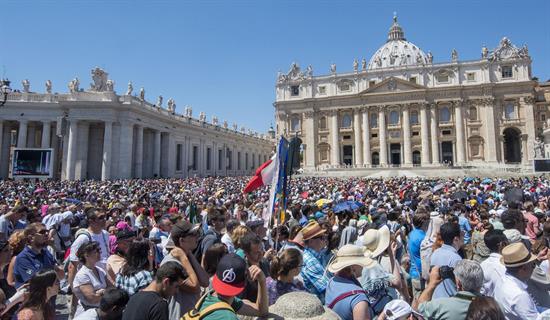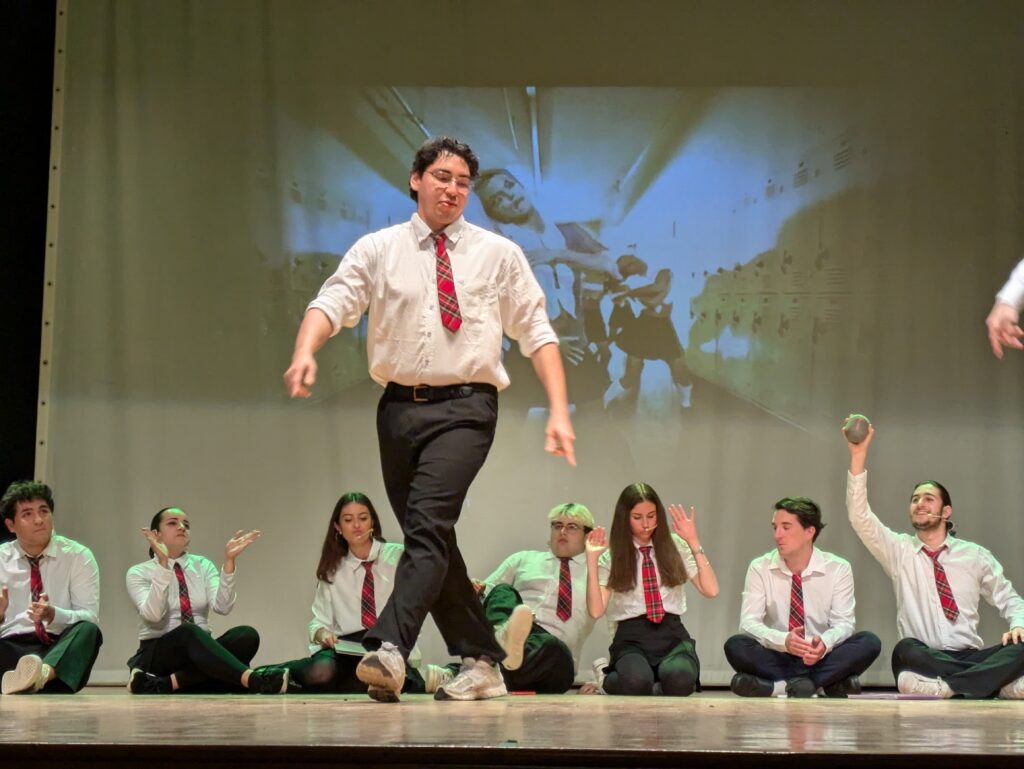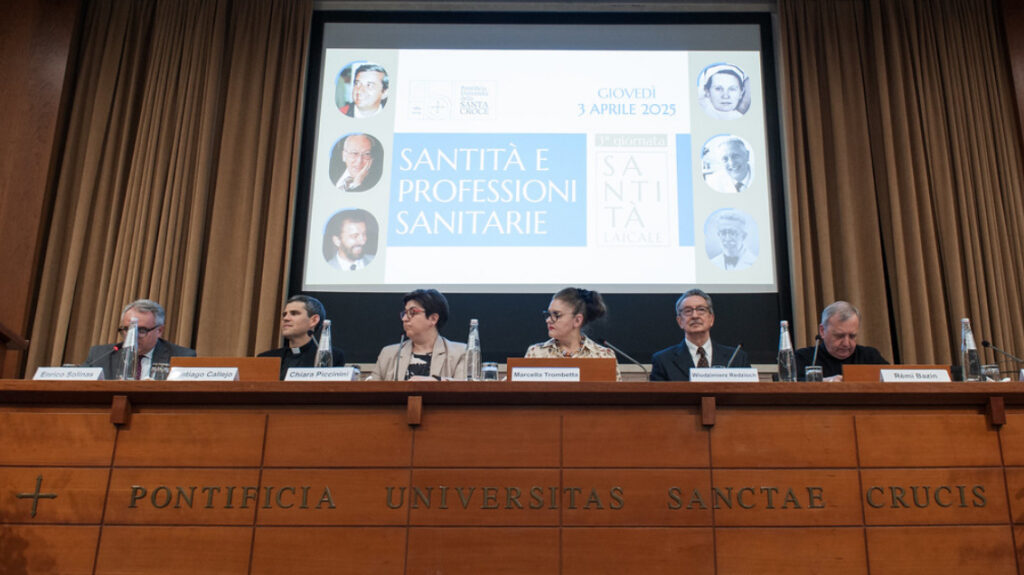Religious Leaders Appeal to Patiarch Kirill of Moscow
Letter Signed by 150 Christians, Jews, and Muslims From All Over the World

Religious leaders of various faiths have appealed to Patriarch Kirill of Moscow to work to stop the war in Ukraine.
A letter hanging on the walls of a Russian Orthodox church in Jerusalem, signed by 150 Christians, Jews, and Muslims from all over the world, and addressed to Patriarch Kirill of Moscow, with the request to do everything possible to stop the war in Ukraine. This symbolic gesture marked the end of a gathering of religious leaders of the ecclesial and religious communities of the Holy Land who gathered on Monday, March 21 in front of the Russian Orthodox Cathedral of the Holy Trinity, in what is called the “Russian compound” in Jerusalem, to plead together for an end to the suffering, destruction, and death caused by Russia’s military intervention in Ukrainian territory.
The public initiative was promoted by the Interfaith Center for Sustainable Development (ICSD) and the Interfaith Elijah Institute. Archbishop Pierbattista Pizzaballa, Latin Patriarch of Jerusalem, Rabbi Rasson Arousi, president of the Commission of the Grand Rabbinate of Israel for Dialogue with the Holy See, Sheikh Hassan Abu Galion, of Rahat, Rabbi David Rosen, Greek-Melkite Catholic Archbishop of Jerusalem, Yasser Ayyash and Anglican Bishop Emeritus Suheil Dawani participated in the event. During the meeting, at the invitation of Rabbi Yonatan Neril, Director of ICSD, some of those present expressed in short speeches their shared sadness and apprehension at the bloodshed and innocent pain caused by the ongoing war in the heart of Europe. “The life that God has given us is a holy thing… In the murder of these people, we see the very murder of Jesus Christ,” said the representative of Sheikh Mowafaq Tarīf, spiritual leader of the Druze in Israel, while Rabbi Alon Goshen Gottstein asked God to give faith to the peoples of Ukraine, Russia and the Church. The “Russian Compound” is an ancient neighborhood in Jerusalem, built outside the Old City between 1860 and 1890, consisting of the Russian Orthodox Church of the Holy Trinity and buildings intended to accommodate Russian Orthodox Christians on pilgrimage in the holy city, buildings now partially used by Israeli government institutions.
Related

I have ardently desired to eat this Passover with you: Fr. Jorge Miró
Jorge Miró
12 April, 2025
2 min

Pope Francis Sends a Message of Hope to the Young People of the UNIV 2025 International Congress
Exaudi Staff
11 April, 2025
5 min

“Highway to Heaven” Arrives in Rome: Carlo Acutis’ Musical Evangelizes with Art and Heart
Exaudi Staff
09 April, 2025
2 min

University of the Holy Cross: A Day on Lay Holiness
Wlodzimierz Redzioch
08 April, 2025
3 min
 (EN)
(EN)
 (ES)
(ES)
 (IT)
(IT)

